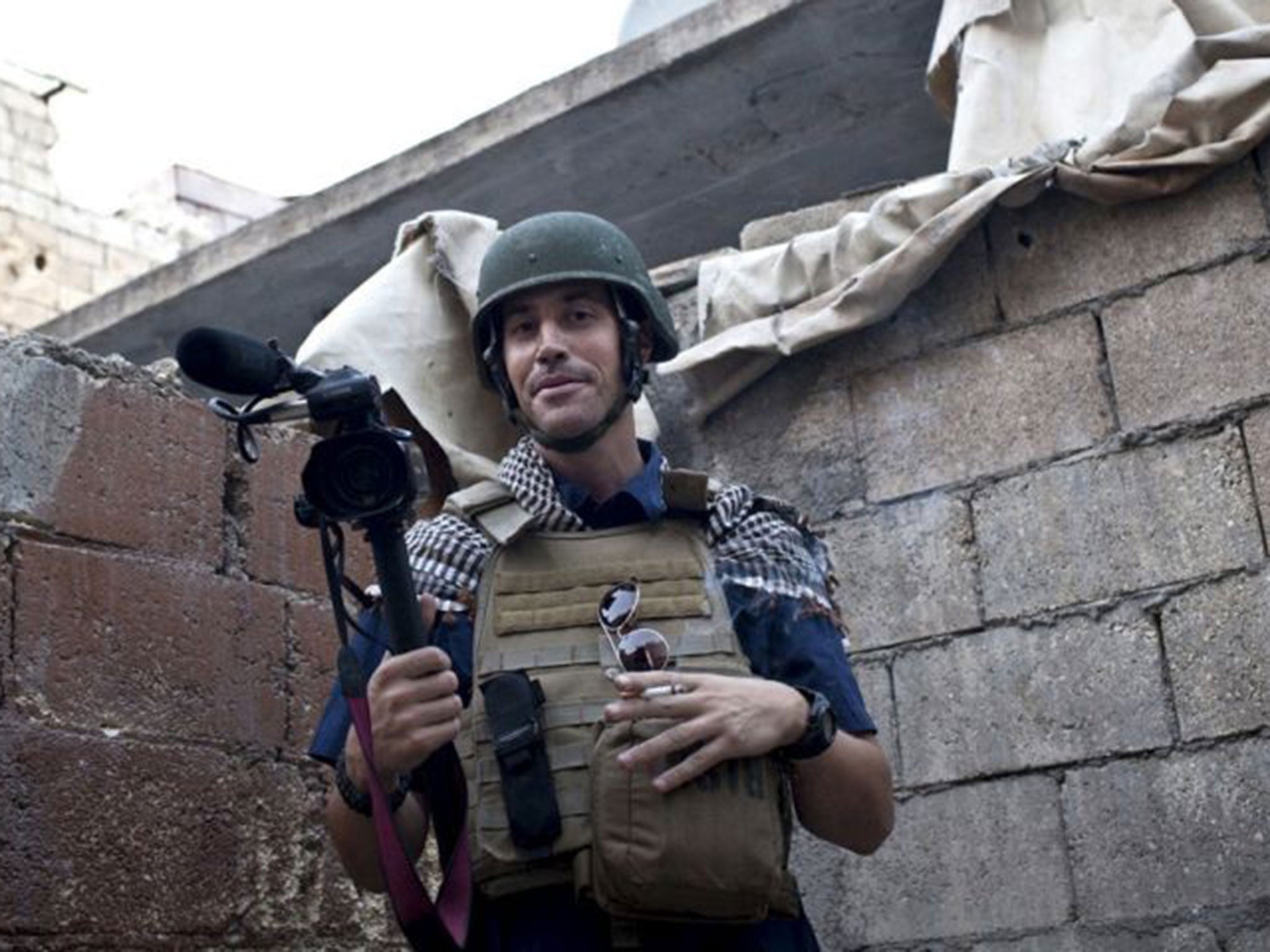The murder of James Foley in Syria at the hands of fundamentalists last week raised numerous questions about media ethics. The fact that an American journalist was regarded as a totem of Western government or culture is about as logical as the love of Isis militants for Western gadgets. Yet it highlights the utter intolerance among Isis fighters for anything other than their specific view of the world - and their own presentation of that view. That in itself should remind us of the value (and the danger) of objective reporting.
As to our coverage of Foley's killing, there was obviously an important debate about whether to use material from the video released by Isis - and, if so, how prominently it should appear. There are solid moral arguments against sharing or viewing the video. Those carry over to publishing still images, too, on the basis that dissemination of the material in any form plays into the militants' hands.
Whether the commissioning and recording of such acts achieves anything for those who undertake them is a matter of somewhat academic debate. But either way, to refuse to publish any images at all would in some sense be a renunciation of the reportage that Foley and too many others have died for. Isis has a singular, vainglorious, demented vision. We should hold that vision up for all to see but, unlike Isis, we should surround it with the kaleidoscope of analysis that will show it for the monstrosity it truly is.
Pouring cold water on glib headlines
The Ice Bucket Challenge, a craze which is becoming so widespread that it will soon combat global warming, recently found a high-profile target in George W Bush. It is all jolly japes, and charitable at that, but to headline a short report about Bush's drenching with a reference to "water torture" did not meet with favour from every reader.
Claims about the dubious means by which the US military and intelligence agencies sought information from terrorist suspects during Mr Bush's presidency gave the headline a certain pithiness. However, even though there was no intention to underplay the effects of extreme "interrogation methods" on their victims, alluding to a genuine method of torture when describing a momentary soaking was unfortunately glib.
A complaint for sake's sake
I have spent 14 years assessing and responding to complaints about newspapers. People frequently want to know what is the most serious case I have seen; they are also interested in the daftest complaint.
During my recent annual leave I saw complaints coming in but knew that somebody else would respond to them. Our coverage of Gaza, suicide, brutal murder and the other big issues of the day generated feedback. But among the emails were complaints about seemingly less significant matters. I caught myself wondering why anyone would make the effort to complain about a piece on Japanese wine when there were so many horrors going on in the world.
I should have known better, of course. And since the complainant was the head of the Sake Sommelier Association, he possibly had a unique perspective to offer. But, in any case, the simple fact is that if we believe something is worth writing about, we should accept that it can be a legitimate subject for complaint. And we should respond accordingly.


Join our commenting forum
Join thought-provoking conversations, follow other Independent readers and see their replies
Comments